Missions at Hillside
Missions are at the heart of our calling, as we share the love of Christ both locally and globally. Through service, prayer, and outreach, we partner with others to bring hope and the gospel to communities in need.
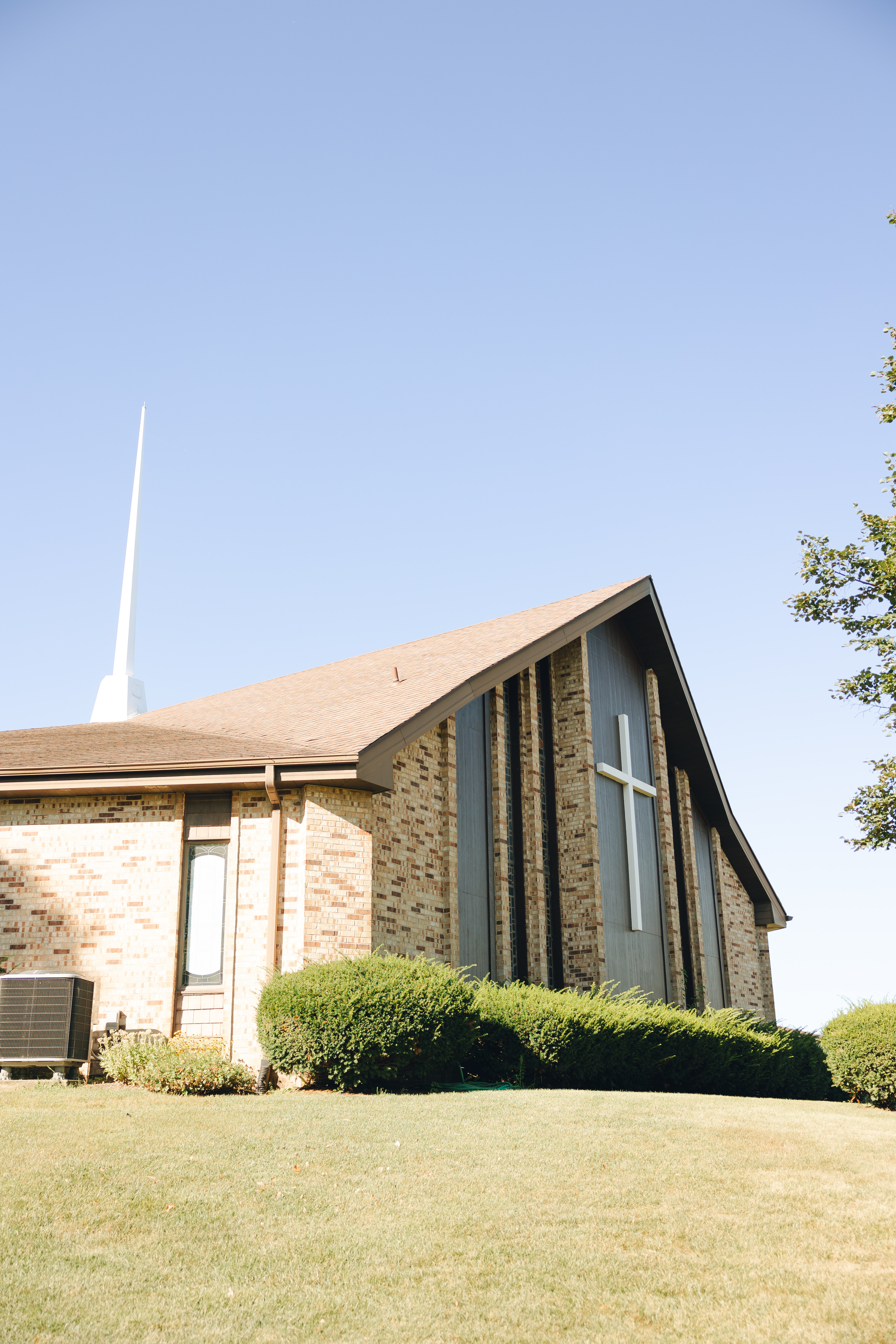
Every Follower on Mission
We are a missional people because our God is a missional God. Jesus came to seek and save the lost, and He calls every believer—not just pastors or missionaries—to join Him in that mission.
At Hillside, we encourage and empower each Jesus-follower to live out their unique calling. Whether you’re a student, a parent, a professional, or retired, God has placed you where you are to share the gospel and glorify Him.
Missions can mean serving neighbors in our community, reaching families in need, visiting prisons, joining short-term trips, or going to the nations. Wherever He leads—near or far—we are called to know His heart, listen to His voice, and follow Him with our lives.
Story Gallery
We love telling stories about what God is doing around the world. In our missions hallway we have a gallery of artifacts that represent God's work around the world. Here are the full stories of our God on mission.
Jungle Miracles
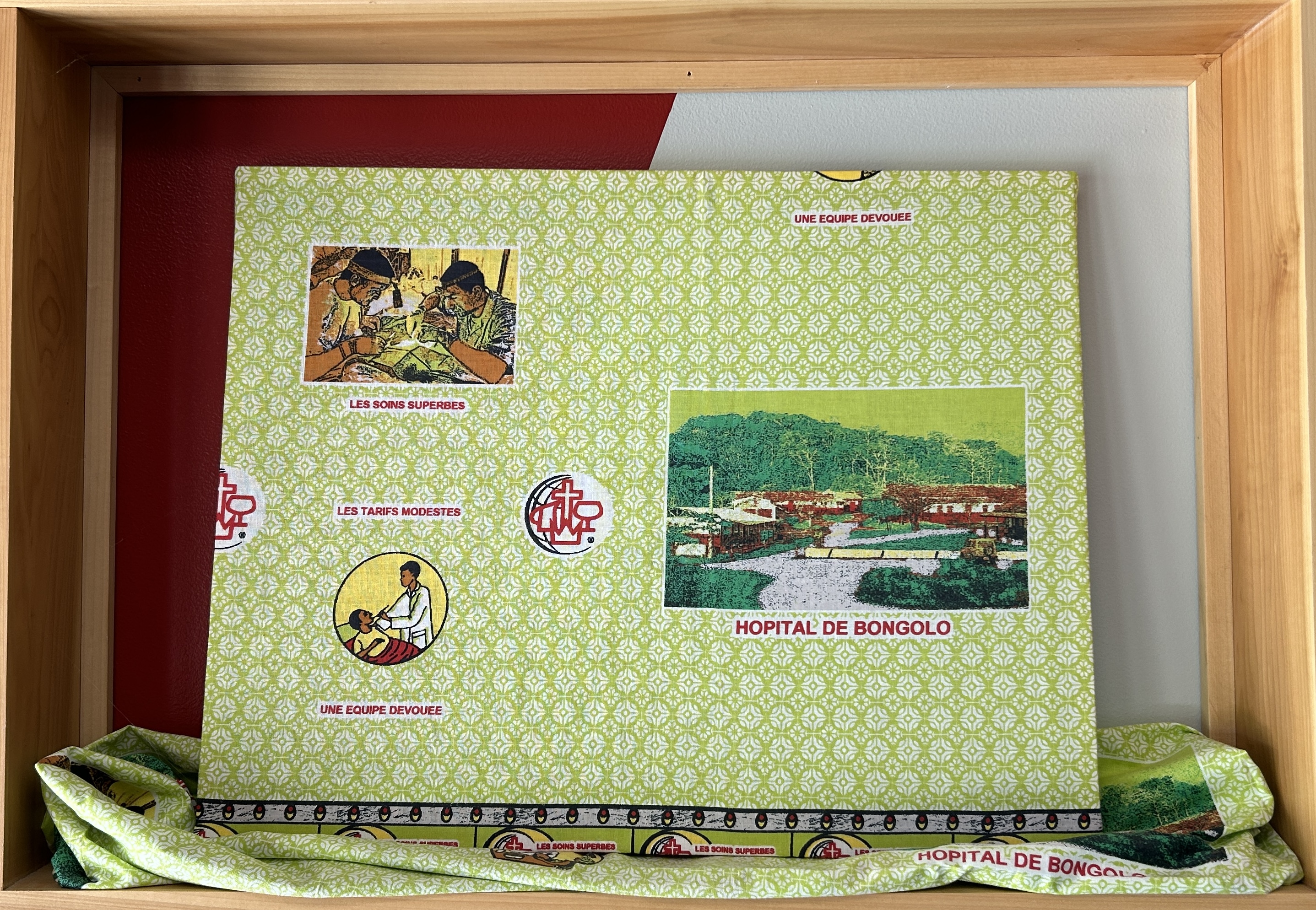
In the largely forested country of Gabon, many rural Gabonese make a living by fruit farming deep in the jungle, hunting wildlife, or by crafting textiles and other goods with their hands. In Lebamba, this fabric is often used by those who make clothes because of the impact of Bongolo Hospital, a missionary hospital nearby. People from surrounding countries drive multiple days to receive medical care from Bongolo, but ultimately Bongolo exists to provide spiritual care. Here is a story from a visiting doctor about the kind of work God does at Bongolo.
Ahmed is a Muslim from Gabon’s capital city of Libreville. He heard that a maxillofacial surgeon was coming to visit the small jungle hospital in Lebamba in the coming weeks. The slowly growing mass behind his left eye had eroded into the eye socket causing a noticeably protruding eyeball. Although he had the resources to have the problem treated in the capital, he chose instead to travel 10 hours south, over largely unimproved roads, to the remote hospital called Bongolo.
Carrying a CT scan taken in Libreville, he walked into my clinic the day after my arrival. Through a translator he said he had come to Bongolo because he did not trust his doctors and was told “those Christians at Bongolo would take good care of you.” This was a remarkable thing for a Muslim man to say.
Dr. Thompson, Bongolo’s general surgeon, and I reviewed the CT scan and examined Ahmed. Dr. Thompson had never seen anything like this. While I had, never had I seen a mass this large. Surgery would require an extensive 5-6 hour procedure, involving an incision from ear to ear over the top of his head and removal of a boney window from his skull in order to expose and remove this mass. Although almost certainly benign, it also appeared to erode posteriorly, slightly displacing the frontal lobe of his brain. In the U.S. this procedure would be done in combination with a neurosurgeon. I am not a neurosurgeon! The risks were significant. Even back in the United States, with all the resources at our disposal in my fully equipped, air-conditioned operating room, this would be a challenge. My brain said “no way”.
The most pressing medical need in Africa is the lack of surgical services. People are dying daily from easily treated surgical maladies. The Pan-African Academy of Christian Surgeons (PAACS) was started at Bongolo by Dr. Thompson in 1995, and has now expanded to over 11 different programs in several countries across the continent, providing a 5-year program of Christ-centered general surgical training to African doctors. Visiting surgeons and anesthesiologists, as well as specialists like me, help the full-time faculty provide mentorship and exposure to a broad array of surgical training.
Ahmed’s case was way out beyond the edge of Bongolo’s facility capability. Combined with our own surgical limitations, this seemed impossible. As I stood staring at the CT scan again, my eyes were not really seeing it, but were miles away, praying for wisdom. Dr. Thompson’s voice broke the silence, and I was startled to hear him say “if you don’t do this, there’s no one else in this country that can. But I’d be happy to assist.” His faith broke something else in me. I looked at Ahmed, whose eyes said “please.”
So the first of at least three miracles took place. We did operate. Despite several surprises and challenges, by God’s grace we were able to totally remove the large frontal sinus cyst that had eroded not only into his eye socket, but also through the membranes protecting the frontal lobe of his brain. Forced to employ some techniques I had seen, but never done, everything went back together. He woke up, and his eyes were both looking the same direction for the first time in over a year.
Only 3 days later, I witnessed the second miracle as I was leaving the church service on the compound. I felt a tap on the shoulder and heard the words “doctor.” It was Ahmed, head fully wrapped in surgical dressing and eyes swollen almost shut. With a big smile on his face he gave me a hug. This is someone who, if he were in the U.S., would still be in the intensive care unit. Ahmed had no headache, no dizziness, no IV, and perfectly clear speech, as if he had just had a minor outpatient surgery. I was floored!
The third miracle I am waiting for: Ahmed’s salvation. Through the powerful witness of God’s intervention, as well as the many questions he then had for the Bongolo pastor, we are praying that Ahmed will come to experience the ultimate healing. The grace to see his need clearly in his spirit like he now can physically through his aligned eyes, and the removal of the ugly cyst of sin by Christ’s atoning blood for him.
A Bible For The Bedouins
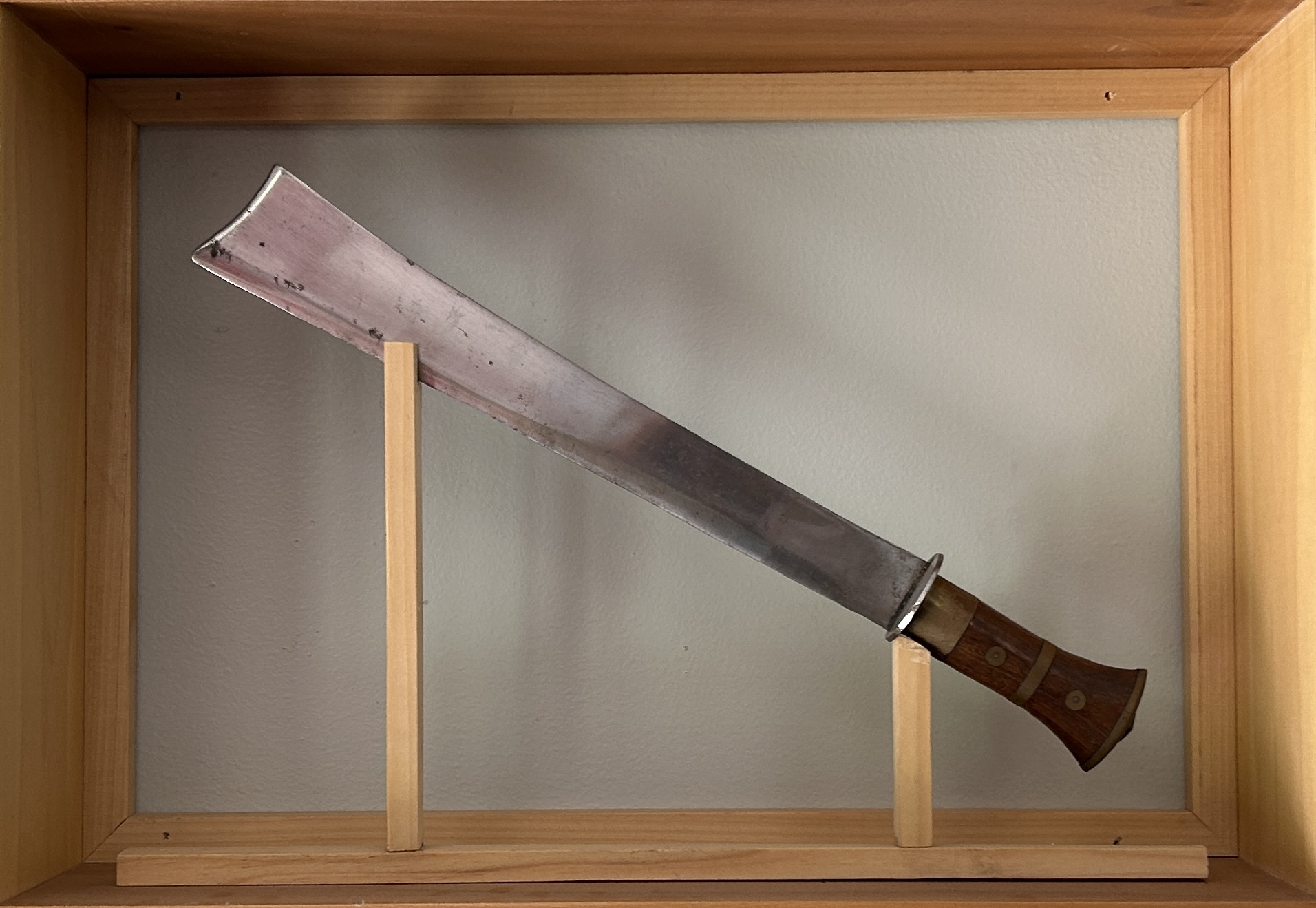
Scattered among the hills and valleys of the Negev are thousands of nomads living in tents of goat har and in temporary shelters. God has called us to evangelize these Bedouins. They follow Islam, but there are no minarets from which five daily calls to prayer are issued, and they are far different from the hard-core Muslims of the villages and cities.
After completing our formal study of Arabic, we decided the best way to win the hearts of the Bedouins would be to use the Arabic Bible as our sword. This probing instrument in the hand of the Holy Spirit does the work of evangelism.
We travel the dusty roads and camel tracks to get to their encampments. Each tribe lives separately and is identified by a surname of the leading sheikh. We are careful as we approach because there are usually vicious dogs guarding the family. The homes are open, so the arrival of our car immediately attracts their attention.
We make our initial contact with the men and women by using the attractive greetings of the Arabic language. Once they know we mean no harm, they invite us into their tents for tea and coffee. We sit on piles of colorful quilts or rugs and lean on thick pillows around the fire pit and face our host. Chickens roam around us and a goat and lamb bleat in the corner. Since a Bedouin sheikh may have as many as four wives it is not unusual for a dozen children to be playing nearby.
Our conversation revolves around the events of daily life, our families and children and our country of origin. Though we are foreigners we speak their language, and they sense the love of Jesus Christ shed abroad in our hearts toward them. Sometimes we are able to assist them with medical problems.
We present a copy of the beautiful Arabic Bible to the sheikh and discuss its contents. There is immediate response to the Word of God because the Muslim Koran teaches a deep respect for four holy books: the Pentateuch (called the Torah-the laws of Moses), the Psalms of David, the four Gospels and the Koran. The sheikh may reverently kiss the Book we give him, touch it to his heart and forehead and thank us profusely. We quote Scripture passages, living words of life that have a penetrating effect, for the Sword of the Spirit has the power to divide asunder both soul and spirit and is a critic of the heart.
Many Bedouins can read and write, thanks to the help of the Israeli government, which has established schools in many areas. The Wordless Book and its message of the way of salvation is an adjunct to our witness, as are many other specially prepared Scripture potions.
When the sweet tea and bitter coffee have been brewed, they are served to us, the tea in glasses, the coffee in tiny cups which have been washed carefully by the women, who use their fingers to make sure they are clean. Nuts and other delicacies are brought for us, and bread.
In a mood of generosity, the sheikh may ask us to stay while a lamb is killed and prepared. We are reminded of Abraham’s hospitality to the three angels who visited him, for one sheikh we visit is named Abraham and is as generous as the patriarch of old.
Once inside a Bedouin tent, we come under the protection of the master and have the privilege of staying with him three or four days to enjoy his hospitality. However, the burden of the Bedouins lies heavily upon our hearts, for we see them as sheep gone astray without the true Shepherd, the Lord Jesus Christ. So we bid farewell and go on to other tents.
Before we leave we ask if we may offer prayer in the name of Jesus Christ. We know there are many needs and we desire to see miracles of answered prayer. Not long ago a Bedouin’s car was stolen and he was very discouraged. We challenged him to let us pray in Jesus’ name, assuring him that God would honor our faith. He laughed cynically but permitted us to pray that the car would be found. And it was!
Since then this Bedouin has been our close friend and a great believer in prayer in Jesus’ name. The incident opened up the homes of other members of his tribe and now when we revisit the plains of Gerar we are asked to pray for their needs.
This work and labor of love is a part of the ministry of the Arab church of the Alliance in Jerusalem. We do not pay an evangelist to help us. The church members volunteer their time and talents to go with us. Being in the company of an Arab Christian is a tremendous help in bridging the cultural and language barriers. Our friends help by witnessing, and together we have an effective team.
When the Queen of Sheba visited Solomon she brought gifts of great wealth. Our gifts to the Bedouins are the Word of God and the way of salvation. In return they offer us something valuable from their possessions: a dozen eggs, a watermelon, ornaments, fruit, vegetables, perfume, even a camel ride! Once we were even gifted a machete in return for our gift.
The challenge of evangelizing the 50,000 Bedouins in Israel is so tremendous and the response so heartening that we can envision every tent and tribe visited and a Bible placed in each household.
Pray with us that the Word of God as a a surgical scalpel in the hands of the Holy Spirit will perform its ministry and give the new birth experience and eternal life to our beloved Bedouins.
“The word of God is quick, and powerful, and sharper than any two-edged sword, piercing even to the dividing asunder of soul and spirit, and of the joints and marrow, and is a discerner of the thoughts and intents of the heart.” (Hebrews 4:12)
- Ed and Virginia Jacober
A Cedar Of Lebanon
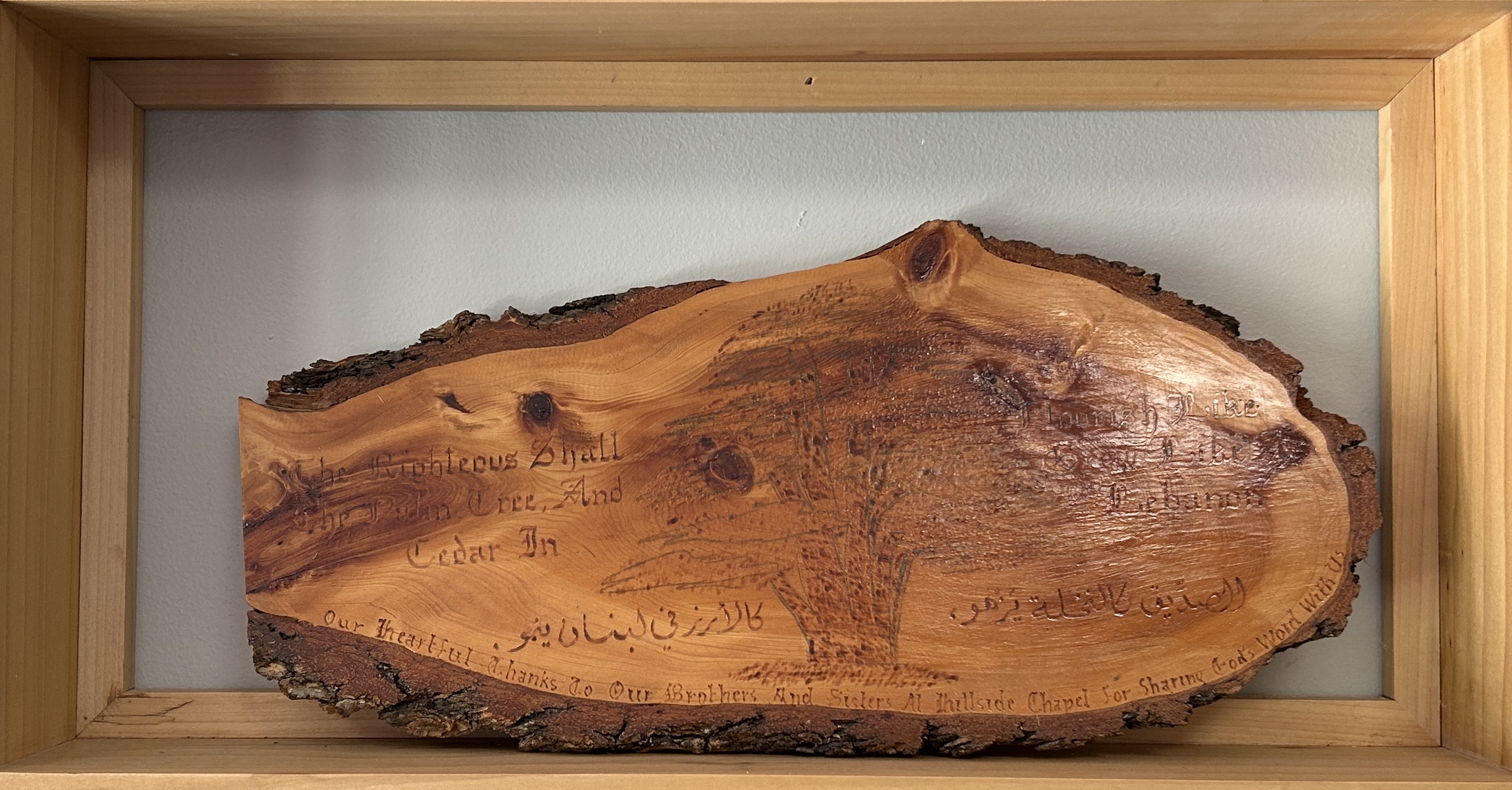
Charbel found a Bible that was left behind by a college roommate. Someone had underlined portions of it that had spoken to them, and these same words apprehended Charbel. Moved by what he had read, Charbel met Jesus.
In the following years, God put a growing burden on Charbel for his relatives and friends back in Lebanon. He longed for them to have the same fresh experience of God’s Word that he had. As he was planning a return visit to Lebanon, the Spirit prompted him to set aside a few Dollars to purchase Bibles and distribute them to families he knew, for only a few had access to the Word. As he shared this burden with his family at Hillside, God began calling others to give to this work. Nearly $2,500 was raised!
When Charbel returned to Lebanon, a Bible cost about 10 U.S. Dollars. Charbel had hoped to be able to purchase 50 Bibles for his relatives and friends, but the money raised was able to by 250 Bibles! A local bookstore agreed to gather the Bibles and sell them to Charbel, and they asked him to come back in 3 weeks when the shipment had come in. In the 3 weeks Charbel waited, the exchange rate from the U.S. Dollar to the Lebanese Lira dropped dramatically. When Charbel returned, the $2,500 could now purchase nearly 500 Bibles!
God turned a dream of 50 Bibles into 500 by the faithful obedience and generosity of a few. 400 of these bibles were distributed to families in 3 villages in northern Lebanon. Another 100 were given to jail inmates who expressed a desire for God’s Word. This Lebanese Cedar was gifted in return for God’s blessing to these families. On it, the blessing of Psalm 92:12 is engraved: “The righteous shall flourish like a palm tree, He shall grow like a cedar in Lebanon.”
Church Planting In Ecuador
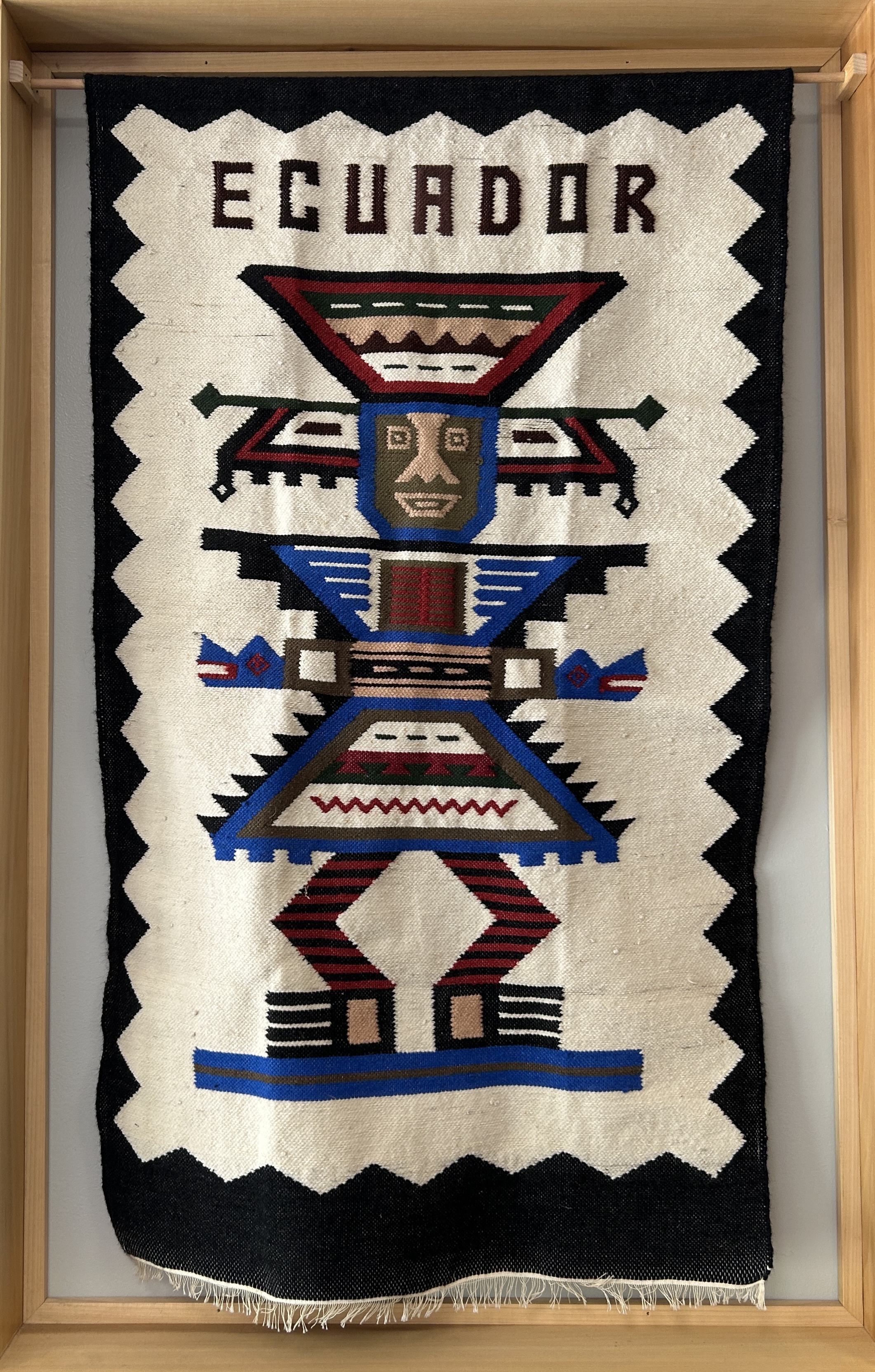
The Christian and Missionary Alliance, which Hillside is a part of, believes that fulfilling the Great Commission in Matthew 28 means all of us taking all of Jesus to all the world. We do this by partnering with local churches all over the world and supporting the people God has specifically called to those places. One connection Hillside has is with the vibrant and growing churches in Quito, Ecuador. An Alliance network of churches has been growing for decades as the Gospel continues to permeate the capital city.
The most recent church plant that was born from this network of churches is the Puembo Alianza church. The Batan Church sent 120 members out to take the Gospel to a new section of the city, founding the Puembo church. In the early days of Puembo Alianza, Hillside sent a team of youth and adults to join in their work of serving the local community. We were also one of several Dayton Churches that donated a total of $35,000 to secure a property for Puembo to build facilities to serve their church and community. This property, situated on the route to and from the international airport, is a strategic location to reach the city and country for the Gospel. God has blessed that gift greatly.
God has caused Puembo Alianza to grow and flourish in its community and Hillside has the privilege of participating in and celebrating their story. In the ten years that Puembo has been a church, they have grown to over 700 members, seeing new people saved, baptized, and mobilized for the Gospel each year. It will take all of us to take all of Jesus to all the world. As followers of Jesus, we are each individually called to be messengers for the Gospel in the places we live, work, and play. We are equally called to join with our brothers and sisters from every tribe, nation, and tongue who are faithfully laboring all over the world.
The Key To It All
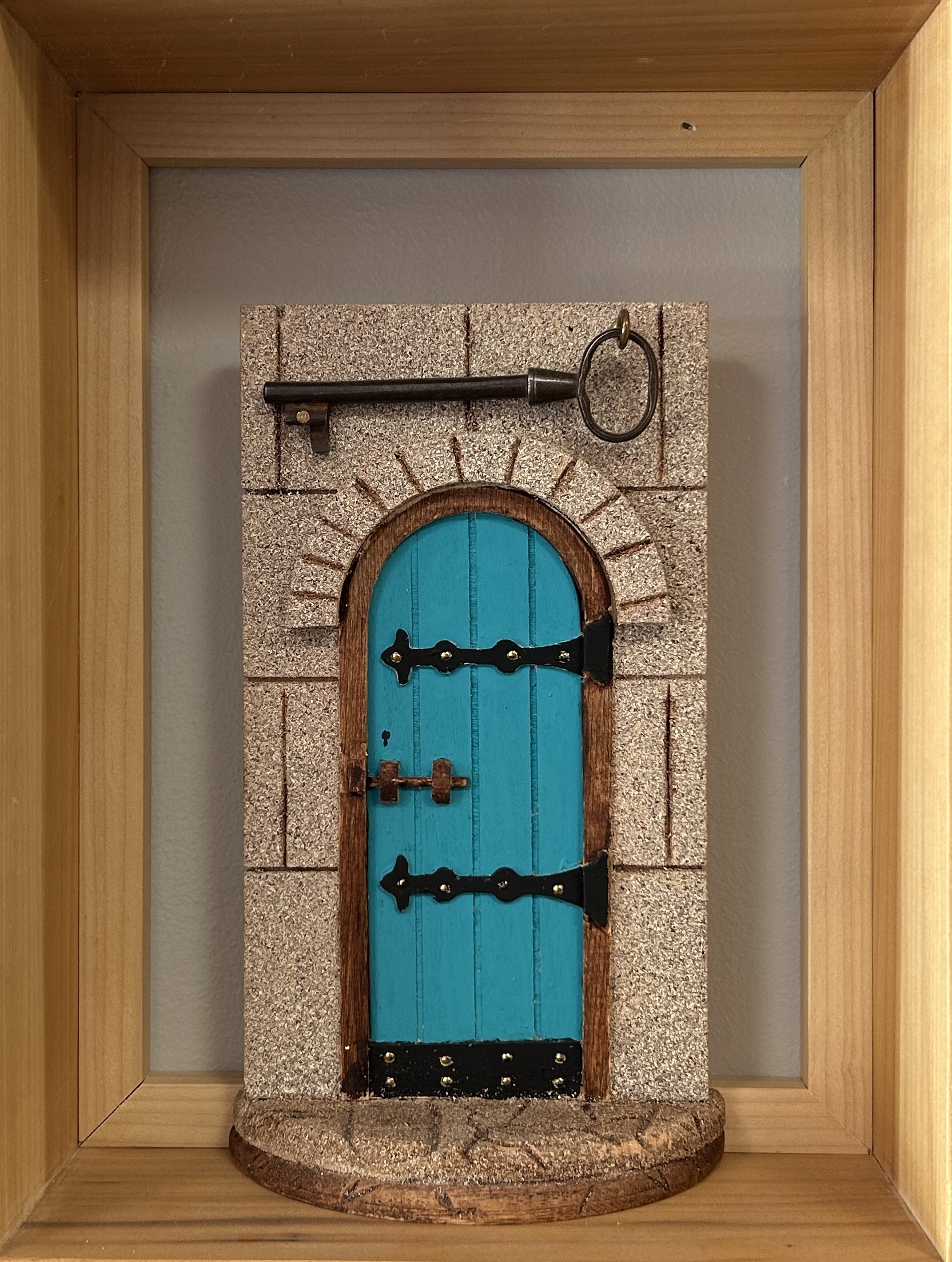
Amena’s Story
I met my Syrian friend, Amena (name changed), almost three years ago while working at an English-language center. She was hired as my kitchen teaching assistant, but because of her strong English, she soon began helping with classes.
Not long after we met, Amena shared that she was a believer. She had grown up in a strict religious home but came to know the Truth during the Syrian war when an Iraqi Christian friend persistently shared the gospel with her.
“One day it was as if God’s Kingdom just came to me,” Amena said. “And I knew without a shadow of doubt that everything my friend had been telling me was true.”
Her faith journey carried her from Syria to Africa, where she secretly attended church, and then to the country where I live. Life was not easy—she battled hopelessness and tried unhealthy ways of coping. But in time, through prayer, fellowship, and Scripture, she began to grow in Christ again.
Dreams of Freedom
As Amena shared her struggles, our team began praying with her. Soon after, I had a vivid dream about unlocking prison doors and setting Syrian women free. Later, Amena revealed she had been having almost the exact same recurring dream—being trapped in prison until someone opened the door.
I told her, “You have the key. The key is Jesus. He is the One who sets us free.”
That moment marked a turning point. Amena began seeking Jesus with renewed passion. She studied Scripture, prayed often, and boldly shared her faith despite knowing it might cost her friendships and even her family ties.
God’s Global Connections
About a year later, Amena learned that a church in Canada wanted to sponsor her as a refugee. When she discovered it was part of The Christian and Missionary Alliance, she was stunned.
She recalled first seeing the Alliance logo in Syria at the office of the very believers who had introduced her to Christ, then again on a secret church in Africa she attended. Now, the same movement would welcome her to a new life in Canada.
As we traced her journey, Amena asked, “Do you know who founded this thing?” When I told her about A. B. Simpson in the 1800s, she smiled knowingly.
“I thought so,” she said.
A Vision Fulfilled
Later, Amena described a vision she had:
“I saw an older man from the 1800s, on his knees in prayer. Arrows of light went out from him to nations across the world. One arrow reached Syria, where I lived. I knew that man had been praying for me.”
This connected deeply to the legacy of A. B. Simpson, who founded The Alliance out of fervent prayer for the world’s unreached peoples. He envisioned “souls not yet born like the stars of heaven and the sands upon the seashore.”
Today, Alliance churches around the world continue in prayer and mission, carrying the good news to the neglected and unreached—people like my friend, Amena.
*Name changed
**”The Man, the Movement, & the Mission: A Documentary History of The Christian and Missionary Alliance.” compiled by Dr. Charles Nienkirchen, Canadian Theological Seminary, May 1987
Japanese Dolls
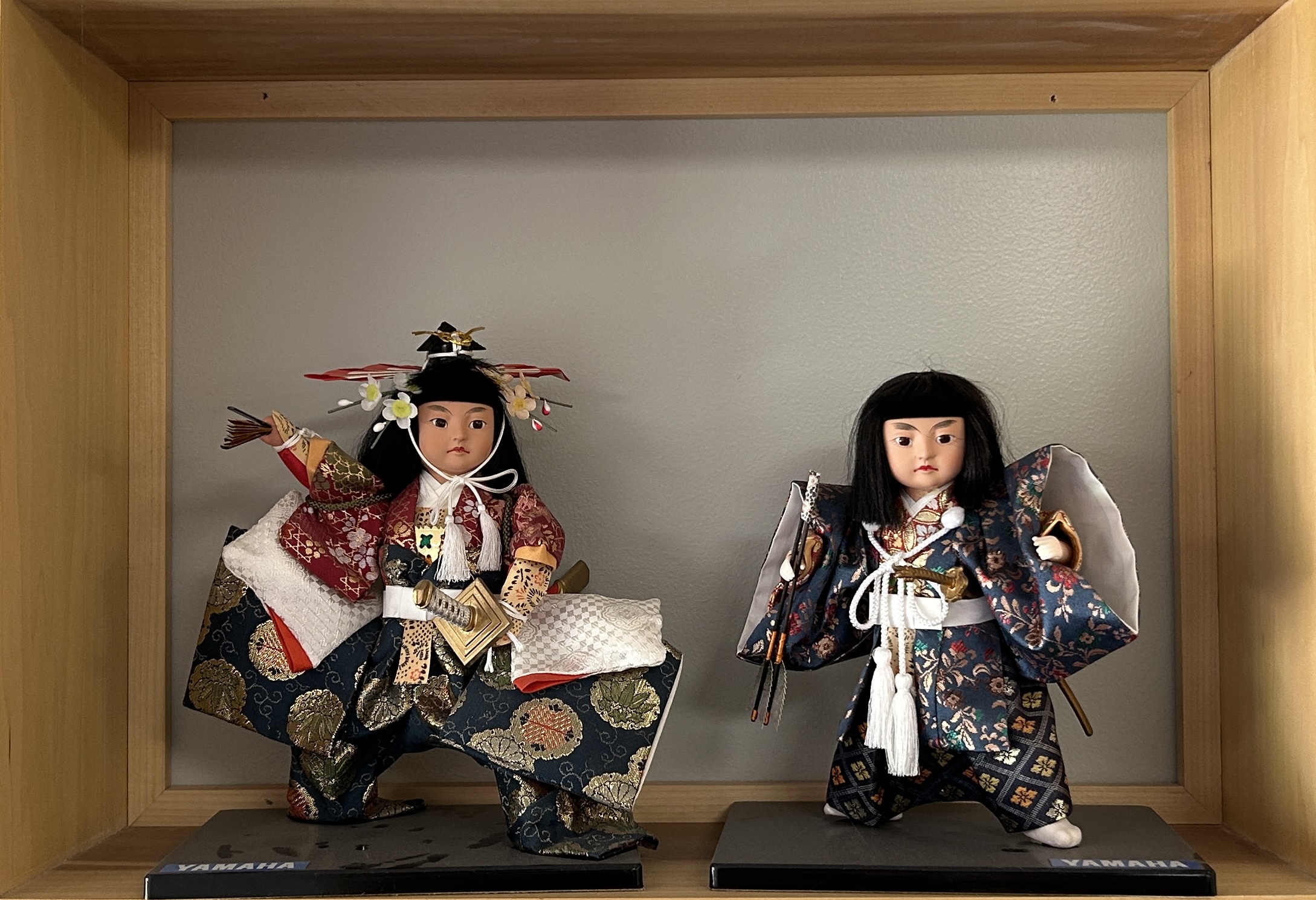
Mitsuo was born and raised in northern Japan. He recalls the culture and tradition that his family was steeped in, and still has memories of cleaning the Shinto and Buddhist shrines in his childhood home. There is a strong tradition of worshiping idols like these dolls. Mitsuo was caught in the current of his culture with no desire to break free.
As Mitsuo grew older, he met and married Akiko, and they began their life together. He knew that Akiko was a Christian when they got married, however he was indifferent to her beliefs. When their path took them to the United States, something changed in Akiko. God was drawing her into deeper relationship with him and she began attending a local church regularly and modeling her whole life on her trust in Jesus. The woman Mitsuo had married was changing and he didn’t like it. His indifference turned into rebellion and anger. Despite Mitsuo’s frustration, God used Akiko’s patience, love, and deep faith to soften Mitsuo’s heart. As the months went on, God began to draw Mitsuo to reconsider Jesus and the life he offered, and Mitsuo decided to step into relationship with Jesus!
Mitsuo was content with his new life and faith and thought he and his family would spend the rest of their days working in the United States, but God was drawing them deeper still. Mitsuo and Akiko decided to take a class at their church called the Perspectives Class, which opened their eyes to God’s missionary heart for the world. Mitsuo saw through his own journey how God’s missionary heart had drawn and saved him. Mitsuo also saw so many people, especially in his home country of Japan, who still hadn’t experienced the grace of God.
Mitsuo was conflicted in his heart. His heart was beginning to break for the lost people of his home country, but he didn’t know how he could help. He sensed that God was calling them to go back, but Mitsuo felt completely inadequate to make a difference. He told God that he was still a baby Christian and didn’t have enough knowledge of the Bible to make an impact for God’s kingdom. But God continued to press on Mitsuo and Akiko. As they continued in the Perspectives Class, God spoke to Mitsuo and reassured him that their obedience to God’s call was more important than their knowledge and ability. Their faith was in God, not themselves.
Mitsuo and Akiko stepped out in faith and answered God’s call to bring the Gospel back to their families and friends and neighbors in Japan. Mitsuo became a grade school teacher and the couple assists in church planting in the suburbs of Tokyo. Mitsuo originally left Japan with a vague faith in idols and a desire to make a life for himself, but he returned with the one true God and the faith in Him to make a real difference in his lost culture.
*If you are interested in the Perspectives Class, follow the link below to find a class near you.



